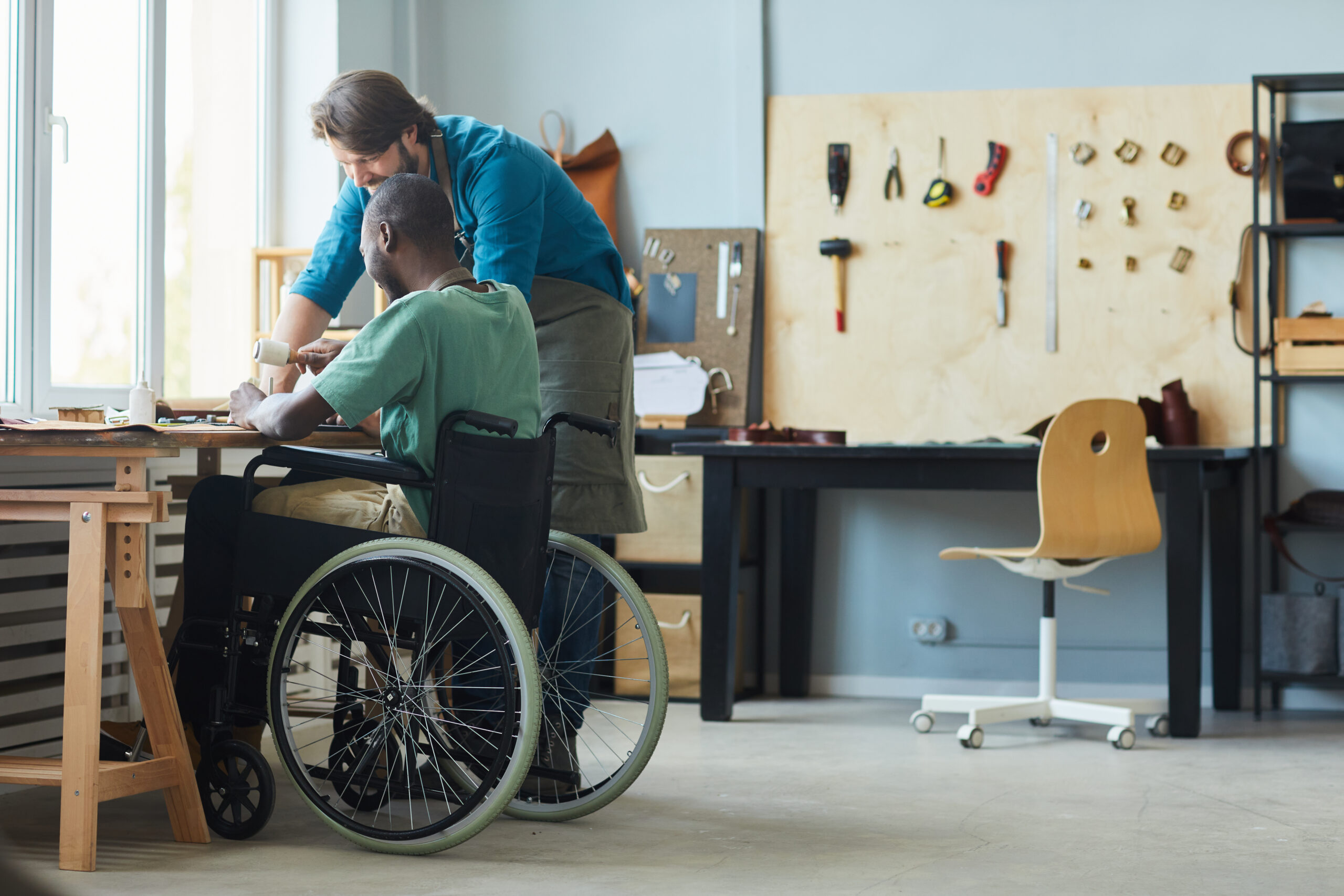Question
« En France, les travailleurs handicapés ont la possibilité de suivre un apprentissage. Pour répondre à leurs besoins spécifiques, ils peuvent bénéficier d’aménagements particuliers, tels que la mise à disposition de matériel pédagogique spécifique ou la possibilité de suivre une formation “à distance”.
Au Luxembourg, par contre, il ne semble pas possible pour un jeune en situation de handicap de bénéficier d’un statut de salarié handicapé pendant un apprentissage.
Dans ce contexte, nous aimerions poser les questions suivantes à Monsieur le Ministre du Travail et à Monsieur le Ministre de l’Éducation nationale, de l’Enfance et de la Jeunesse :
- Pourquoi n’est-il pas possible pour un jeune en situation de handicap de faire un apprentissage tout en ayant le statut de salarié handicapé ?
- Qu’en est-il des apprentissages en cours d’emploi ? Est-ce que d’autres dispositions sont prévues lorsque la personne bénéficie déjà du statut de salarié handicapé lorsqu’elle intègre un apprentissage en cours d’emploi ?
- Est-il prévu de remédier à cette situation le plus rapidement possible afin de faciliter l’accès des personnes handicapées au marché du travail en général et aux apprentissages en particulier ? Dans l’affirmative, s’inspirerait-on du modèle français ? Dans la négative, pour quelles raisons ? »






